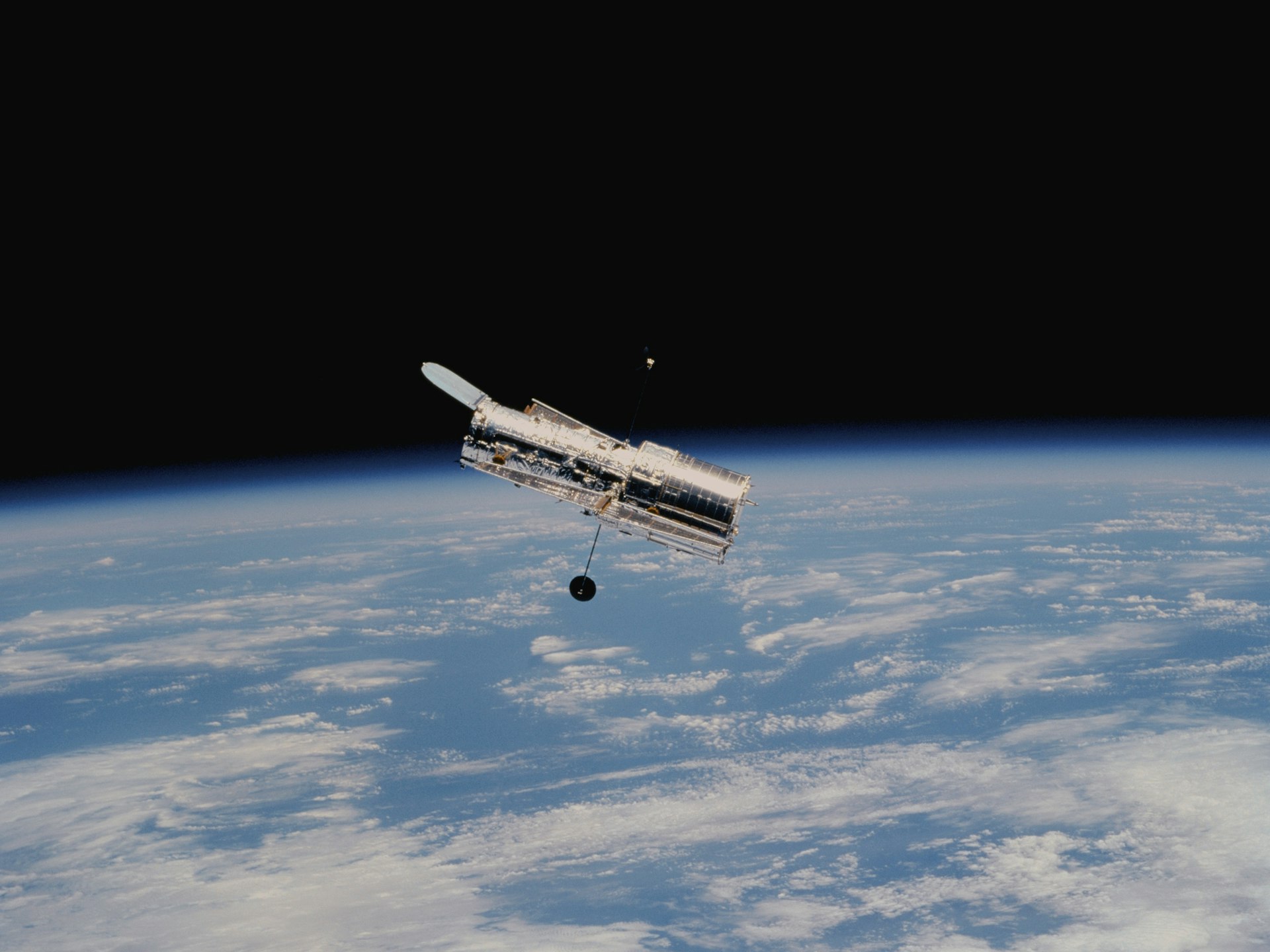Despite the economic sanctions the US has imposed on Russia because of the war in the Ukraine, the two nations are still finding ways to collaborate in space. A long-awaited agreement to exchange seats on flights to the International Space Station has finally been signed by NASA and Roscosmos. NASA depended on Russian Soyuz flights for years to transport its astronauts to the orbiting lab after the space shuttle program was ended. Up until SpaceX was able to obtain Crew Dragon certification for human spaceflight. Now, the organization will reserve seats on the Soyuz once more, with Russian cosmonauts taking off on SpaceX Crew Dragon flights.
NASA said in a statement provided to The New York Times:
Flying integrated crews ensures there are appropriately trained crew members on board the station for essential maintenance and spacewalks. It also protects against contingencies such as a problem with any crew spacecraft, serious crew medical issues or an emergency aboard the station that requires a crew and the vehicle they are assigned to return to Earth sooner than planned.
In other words, the agreement will ensure that, in the event of canceled flights or other situations, both the US- and Russian-operated sections of the station will always be manned. The organization added that Anna Kikina, the first Russian astronaut to travel on a Crew Dragon, will participate on the first integrated flights in September. Nicole Mann and Josh Cassada from NASA will be there with her, as well as Koichi Wakata from Japan. Meanwhile, NASA astronaut Frank Rubio will take a Soyuz flight to the ISS. Andrei Fedyaev of Russia and Loral O'Hara of NASA will also switch seats in the spring of 2023. Contrary to the previous agreements where NASA paid Roscosmos roughly $56 million per seat, no money will exchange hands under the new deal.
The announcement coincides with Dmitry Rogozin's resignation as Roscosmos' head. For many years, Rogozin had made debatable claims and actions, but more so in recent months since Russia's invasion of Ukraine. Rogozin said he instructed the Roscosmos crew to stop using the robotic arm developed in Europe on the International Space Station (ISS) after the European Space Agency formally withdrew from the ExoMars joint project with Russia. Under his direction, Roscosmos also published pictures of cosmonauts waving the flags of pro-Russian separatists in Ukraine. Afterward, NASA released a statement in which it "strongly opposes" using the International Space Station for political ends in order to support the war in Ukraine.
The Times said that a Kremlin official explained that Rogozin's departure was unconnected to his performance. Neither rumor has been confirmed as of yet, but according to Space, Rogozin will be either as Putin's chief of staff or as an administrator in charge of the Ukraine regions that Russia has occupied.
Source: Engadget


